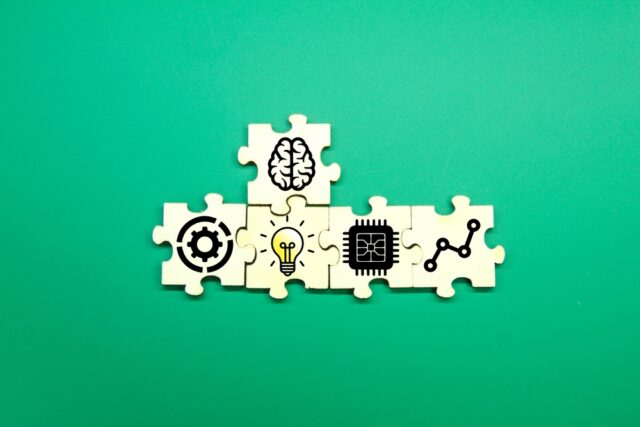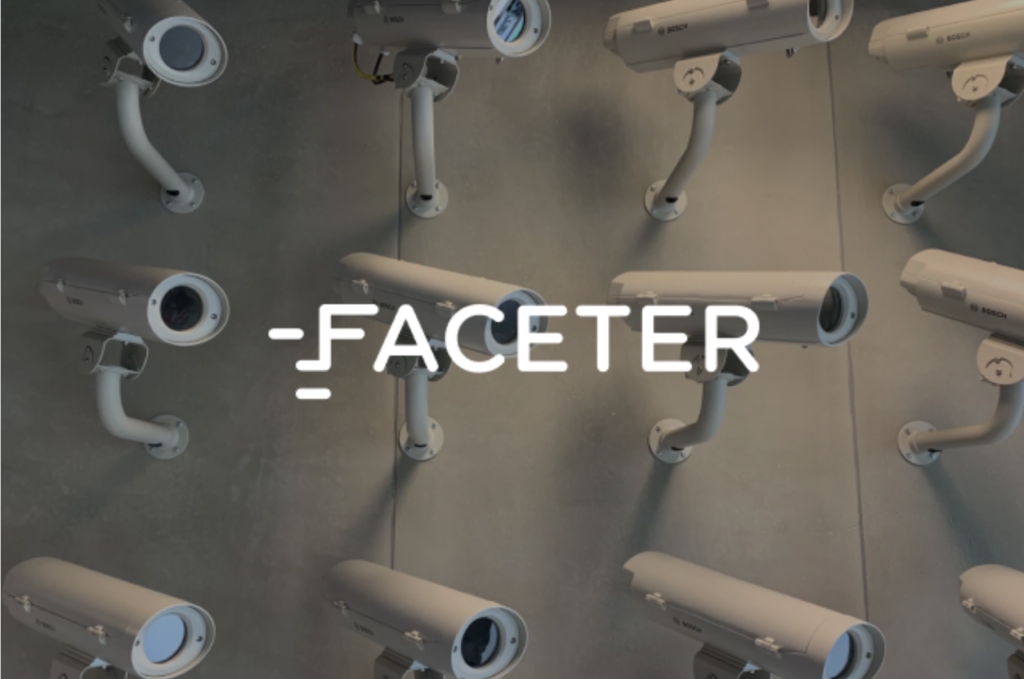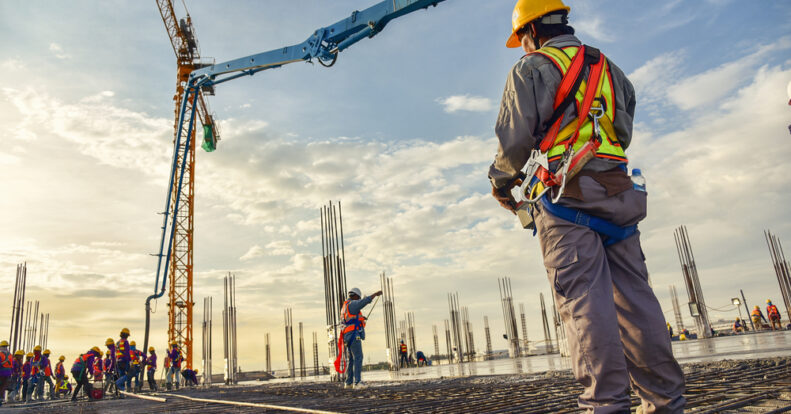
Video surveillance server – what is it + 5 main functions
Full-featured monitoring systems require data storage. It is one of the important elements of video surveillance. The storage can be a server for CCTV cameras or the cloud.
In this article, we will look at both options and elaborate on their functions.
What is a video surveillance server?
A video server is a computer device responsible for the following tasks of a surveillance system:
- connecting cameras;
- data recording and storage;
- signal transmission over networks to monitor the situation at the site in real-time.
It is extremely important not to confuse the terms “server” and “recorder”.
A recorder is a recording device, it is responsible for the processing of materials, the image output to the monitor. Read more: “Recorder for surveillance cameras“.
(H3) Purpose and features
The CCTV server processes and analyzes the video stream. It enables a security system with an emergency response function to send alarm notifications to operators or the owner of the system.
5 main functions
An IP camera surveillance server can perform many different functions. However, in order not to confuse everyone with the large list of features, we will list the main ones:
- increasing the efficiency of cameras and sensors connected to the system. The server helps to remotely record footage on the built-in memory card, analyze what’s happening, and send notifications;
- easy scalability. The software helps to quickly expand networks automatically when new equipment is introduced;
- remote control. The server allows you to control any cameras from the system, as well as use multi-level passwords and control employee access to the equipment;
- emergency response. The server sends a real-time alert to the operator or owner of the system. It can be in the form of an email or SMS;
- video analytics. The server complements conventional monitoring with smart functions, which allows not only to observe but also to increase the general awareness of the situations.
Option without server. Faceter
Despite all the advantages of a server, it requires a lot of additional equipment to implement. These extra financial costs stop many potential users from buying video surveillance. However, today it is possible to connect smart monitoring without a server.
This is facilitated by mobile video surveillance from Faceter – a cloud service for storing information with video analytics. To connect you will need:
- download the mobile application on Android or iPhone;
- make sure that the equipment meets the technical requirements;
- install the smartphone at the place of surveillance. Read more: “How to turn an old smartphone into a surveillance camera“;
- run the application in camera and monitor mode on the respective devices.
The service is securely protected from hacking. While everyone on the Internet is discussing the vulnerability of IP cameras, Faceter uses the phone’s webcam. Cyber security is guaranteed thanks to:
- video surveillance, which works in messenger mode. Attackers will not be able to scan ports;
- access to the camera is granted only to those who entered a special login, and it is known only to the user;
- all data from the cameras are encrypted.
Thus, mobile video surveillance is more reliable and budget-friendly than conventional systems.
Conclusion
The server is the main part of the video surveillance system, which analyzes the information and transmits it to the storage. However, in today’s market, there are analogs that eliminate the need for servers, saving users money.
Cloud video surveillance, which does not require additional equipment for operation, has gained great popularity. For example, Faceter.













